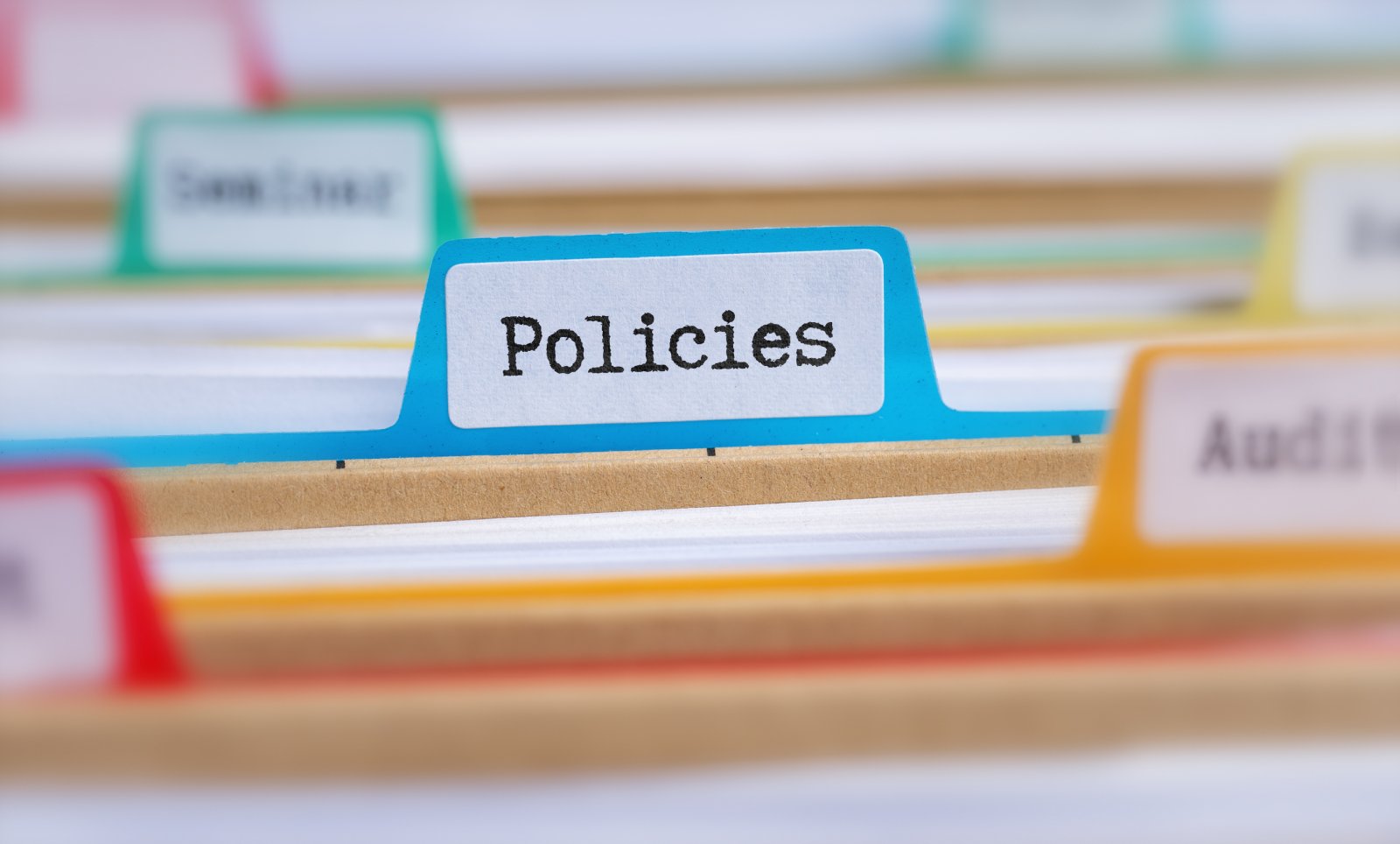First, he banned working from home, and now, this billionaire CEO wants to stop employees from going on coffee runs. Chris Ellison, the head of Mineral Resources, an Australian mining company, is at it again.
From Home Office to No Coffee Breaks

Ellison’s initial push to end work-from-home arrangements already sparked controversy. Now, he’s taking it a step further, reportedly discouraging employees from leaving their desks for coffee runs. For many, coffee isn’t just a caffeine fix—it’s a break, a chance to clear their heads, or a moment to connect with coworkers. But in Ellison’s world, every minute spent away from the desk is a minute wasted.
The Quest for Productivity

Ellison’s rationale? Productivity. He argues that coffee runs are a distraction, taking employees away from their work and cutting into valuable time. In a memo to employees, Ellison emphasized the need for “full commitment” to work during business hours, which means less time chatting at the coffee shop and more time at the desk. But is banning coffee runs really the key to boosting productivity?
The End of Work-Life Balance?

For many employees, the end of work-from-home and now the crackdown on coffee runs feel like a step backward in the quest for work-life balance. After years of flexibility, being told not to take a coffee break feels like a return to rigid, outdated work norms. It raises questions about employee autonomy and the importance of breaks in maintaining mental well-being.
A Question of Trust

Ellison’s strict policies highlight a broader issue: trust. By micromanaging employees’ time, Ellison sends a message that he doesn’t trust them to manage their own schedules. This lack of trust can have a negative impact on morale, making employees feel more like cogs in a machine than valued team members.
The American Perspective

While Ellison’s policies are making waves in Australia, they also resonate with American workers. The debate over work-from-home versus office work continues to rage across the U.S. Companies like Amazon and Google have faced backlash for mandating returns to the office, with employees pushing for more flexibility. Ellison’s hardline approach serves as a reminder that the battle over workplace norms is far from over.
The Role of Breaks in Productivity

Research has shown that taking breaks can actually improve productivity. A study from the University of Illinois found that short breaks can help maintain focus and prevent burnout. By limiting employees’ ability to take breaks, Ellison might be doing more harm than good, potentially leading to decreased productivity and increased stress.
Employee Backlash

Ellison’s policies are not going unnoticed by his employees. Reports indicate that many workers are frustrated and feel micromanaged. Some have taken to social media to voice their concerns, arguing that the strict rules make for a stifling work environment. In a job market where employees have more options, these policies could lead to higher turnover rates.
The Rise of Workplace Surveillance

Ellison’s approach is part of a larger trend toward increased workplace surveillance. From monitoring emails to tracking computer activity, companies are finding new ways to keep tabs on their employees. While these measures are often justified as ways to boost productivity, they raise serious privacy concerns.
The Cost of Micromanagement

Micromanagement has long been criticized for its negative impact on employee morale. Studies show that employees who feel micromanaged are more likely to be disengaged and less productive. Ellison’s coffee run ban could be seen as an extreme form of micromanagement, one that risks alienating employees and stifling creativity.
The Importance of Employee Autonomy

Autonomy is a key factor in job satisfaction. Employees who feel they have control over their work are more likely to be engaged and motivated. By restricting coffee runs, Ellison undermines employee autonomy, potentially leading to dissatisfaction and a lack of motivation.
Will Other Companies Follow?

Ellison’s approach raises the question: will other companies follow suit? As businesses continue to navigate the post-pandemic world, there’s a risk that more will adopt strict, control-focused policies. However, the backlash against such measures suggests that employees value flexibility and trust, and companies that ignore this could face pushback.
The Future of Work

The debate over work-from-home, office culture, and employee autonomy is shaping the future of work. As companies like Mineral Resources push for stricter controls, employees are advocating for more flexibility and balance. The outcome of this debate will have long-term implications for workplace culture and employee well-being.
What Employees Really Want

At the end of the day, employees want to feel trusted and valued. They want the flexibility to manage their own time and the freedom to take a coffee break without fear of repercussions. As companies navigate the new normal, they would do well to listen to their employees and prioritize trust and autonomy over rigid control.
Time for a Reality Check

Chris Ellison’s coffee ban might seem like a small thing, but it’s part of a larger trend toward corporate control that needs to be addressed. As workers continue to push for better conditions, companies must recognize that treating employees with respect and trust is not just good ethics—it’s good business.
Millennials Are Over It: 25 Reasons Woke Culture Is Losing Its Charm

Has the push for progress tipped too far into preachiness? Here’s why many Millennials might think so. Millennials Are Over It: 25 Reasons Woke Culture Is Losing Its Charm
Is It Time Boomers Paid the Price for America’s Economic Inequality?

The American Dream feels more elusive than ever, especially for younger generations. What was once achievable through hard work now faces significant hurdles, from skyrocketing college costs to the challenging pursuit of homeownership. Here’s a look at why it’s tougher for Millennials and Gen Z compared to Baby Boomers. Is It Time Boomers Paid the Price for America’s Economic Inequality?
Rent Crash in California: Landlords Scramble as Prices Take a Hit

California’s rental market is taking a nosedive, with major cities seeing huge drops in rent prices. Rent Crash in California: Landlords Scramble as Prices Take a Hit
Featured Image Credit: Shutterstock / Kateryna Onyshchuk.
The content of this article is for informational purposes only and does not constitute or replace professional advice.
The images used are for illustrative purposes only and may not represent the actual people or places mentioned in the article.
For transparency, this content was partly developed with AI assistance and carefully curated by an experienced editor to be informative and ensure accuracy.




